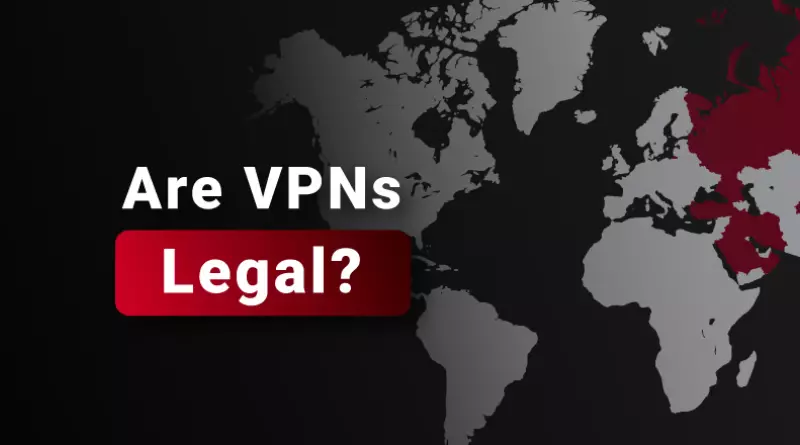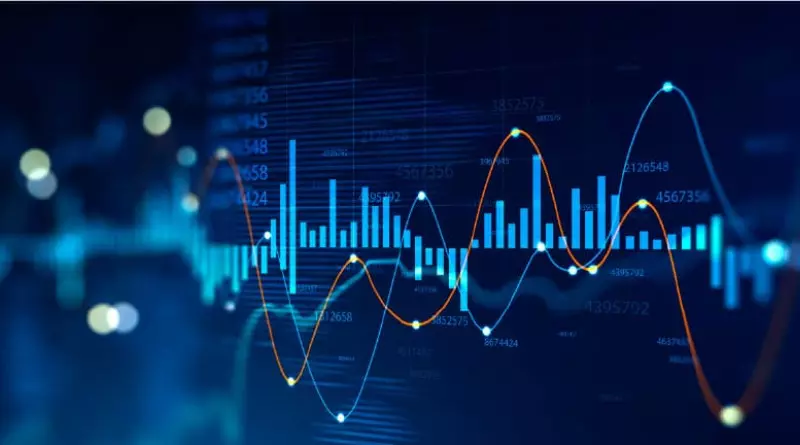Is it Legal to Use VPNs?

VPNs can be quite handy for folks looking to boost their online privacy, security, and browsing freedom. When you use a VPN, it scrambles your internet actions, making them indecipherable to anyone not meant to see them. It also hides your true location by giving you a different internet address. Plus, if certain websites or content are off-limits in your country, a VPN can often help you access them.
But you might be wondering, is all this secrecy and unlocking stuff even legal? Well, let’s dive into that question.
Is It Legal to Use VPNs Worldwide?
In most countries, using VPNs is perfectly legal and doesn’t come with any limitations.
Yet, in a few places, there are some rules about using VPNs. For instance, certain countries only permit government-sanctioned VPNs, while others have completely said no to them.
What Are the Consequences of Illegally Using a VPN?
VPN technology is all about enhancing internet security. It does this by using encryption to make online connections safer. Additionally, VPNs provide users with different IP addresses, which hide their real ones. This can boost anonymity online and keep your online activities private.
Now, here’s the thing: While some folks might use a VPN for illegal stuff like buying or selling illegal things online, it’s crucial to understand that illegal activities remain illegal, whether you use a VPN or not. The use of a VPN itself isn’t illegal.
However, in a few countries, there are some special rules around VPNs. They’ve either made VPNs outright illegal or set specific conditions for their use. If you’re planning to visit these places, it’s a good idea to know these rules, although how strictly they’re enforced can vary.
Consequences of Illegitimate VPN Usage: What to Expect?
When you use a VPN in places where it’s not allowed, you could face some serious consequences. These might include things like getting your internet service cut off, having to pay fines, or, in extreme cases, ending up in jail.
But here’s the interesting part: It’s pretty rare to hear about someone getting in trouble for using an unauthorized VPN, especially if they’re just doing regular stuff like sending messages or playing games. The chances of facing punishment go up if someone is using a VPN for more obviously illegal things.
How Countries Enforce VPN Restrictions
Countries that don’t like VPNs have various ways to enforce these restrictions. They can use technology to detect VPN use and slow down or block that internet traffic.
When it comes to law enforcement, those who use VPNs for other illegal activities while breaking VPN rules are more likely to get caught. But it’s quite unusual to hear about folks getting fined or sent to jail just for using a VPN in these countries, especially if they’re using it for regular stuff.
Here’s how they do it:
1.ISP Cooperation:
Governments often team up with Internet Service Providers (ISPs) to spot and slow down VPN traffic. They make ISPs use special filters to check the data that flows through their networks. These filters can identify patterns that look like VPN traffic. When they find it, they can either block it or make it slower.
2.Deep Packet Inspection (DPI):
Authorities use Deep Packet Inspection (DPI) tech to dig deep into data packets as they move across the internet. This tech can closely examine what’s inside those packets, like their content and metadata. By doing this, they can figure out if it’s VPN traffic or not. When they know, they can take steps to stop or slow down the VPN traffic.
3.Domain and IP Address Blocking:
To limit access to VPNs, countries make lists of websites, IP addresses, and internet domains linked to VPN services. These lists are updated regularly and shared with ISPs and other relevant groups. ISPs can then use this info to block or slow down internet traffic connected to these VPN services.
4.Legal Penalties:
People who get caught using VPNs in countries with strict rules can face fines or even go to jail, depending on that country’s laws. However, these countries don’t usually enforce these rules strictly, especially for regular online activities. Still, it’s a good idea to research the real risks before using a VPN in a place with strict rules.
Is it Allowed for Businesses to Use VPNs?
In most countries, using VPNs in businesses is not only legal but strongly recommended. They are essential for keeping data safe, which helps companies stay competitive. Some industries even require using VPNs to protect sensitive information.
VPNs provide a secure way for employees, especially those working from home, to connect to the company’s internal network and access important files. This secure connection ensures that confidential documents and communications are kept safe.





